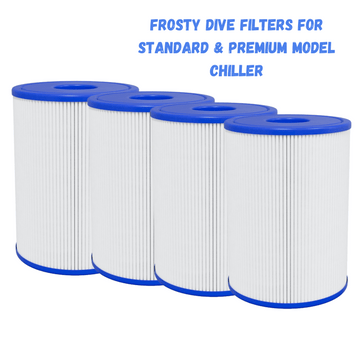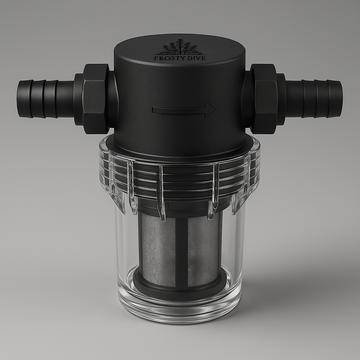Advantages of Ice Baths for Stress Reduction and Mood Enhancement
What are Ice Baths
An ice bath entails filling a bath or specialized ice bath with cold water and ice cubes, permitting individuals to immerse themselves as much as the neck. This intense form of cold immersion is regularly preferred by athletes for muscle recuperation; however, an increasing number have identified its mental health advantages.
Ice Bath Benefits for Mental Health
Over the years, the conventional wellness practice of ice baths has transitioned from the area of athletes to everyday health fans, and the motive extends past muscle healing. Researchers and health specialists are increasingly focusing on how cold water immersion, especially ice baths, can offer several benefits for mental well-being.
Alleviate Depression and Anxiety
The best thing about the ice bath is that it alleviates the feeling of anxiety and depression. You can feel more healthy with an ice bath. In this way, using cold water remedy for anxiety has been proven to be an effective supplemental remedy for both situations with the aid of lowering the stress hormone cortisol.
Improve Your Mood and Reduce Stress
After the preliminary “surprise” of getting into an ice-cold tub of water, many people experience an improved mood. This is possibly due to the discharge of endorphins, hormones that act as herbal painkillers, which have been proven to improve mood and reduce pressure.
Improve Brain Function
Taking normal ice baths can help enhance your consciousness, concentration, and overall cognitive performance. When cold water shocks your frame, your mind produces norepinephrine, a neurotransmitter, and hormone that facilitates you to benefit from higher attention and interest. Norepinephrine additionally performs a function in regulating your feelings.
Build Stress Resilience
While ice baths reduce strain in a short time, they can also make you more resilient to strain in the long run. This is because it regulates the release of pressure hormones lengthy-term.
Like a workout makes your frame stronger, cold plunging acts in a similar way to build your body's resiliency. A main researcher in cold water swimming, Professor Mike Tipton, determined that cold water swimmers had a better version of their bodies' "combat-or-flight" response, with reduced degrees of cortisol — your body's foremost strain hormone. He explains that by exposing one's frame to the managed strain of cold water again and again over the years, you adapt to react less to the surprise of the cold water at the same time as also adapting to react less to stress for a period.
Mental Clarity
The invigorating shock of cold water no longer best turns on your frame, but additionally your thoughts. The cold triggers a heightened state of alertness and improves intellectual acuity. This 'mind freeze' moment frequently acts as an intellectual reset button, clearing away a foggy mind and sprucing recognition.
Cognitive Benefits
According to the studies, everyday ice baths may also assist in increasing the ranges of norepinephrine, a neurotransmitter related to attention and consciousness. While greater research is wanted, preliminary findings imply that cold water immersion would possibly have a position in cognitive enhancement.
Conclusion
Taking a plunge into chilled waters might also appear like an extreme measure for plenty. However, the proof backing its several blessings for mental health is compelling. From stimulating neurochemicals that elevate your temper to building mental resilience, this exercise offers a multi-faceted approach to improving psychological well-being.




























